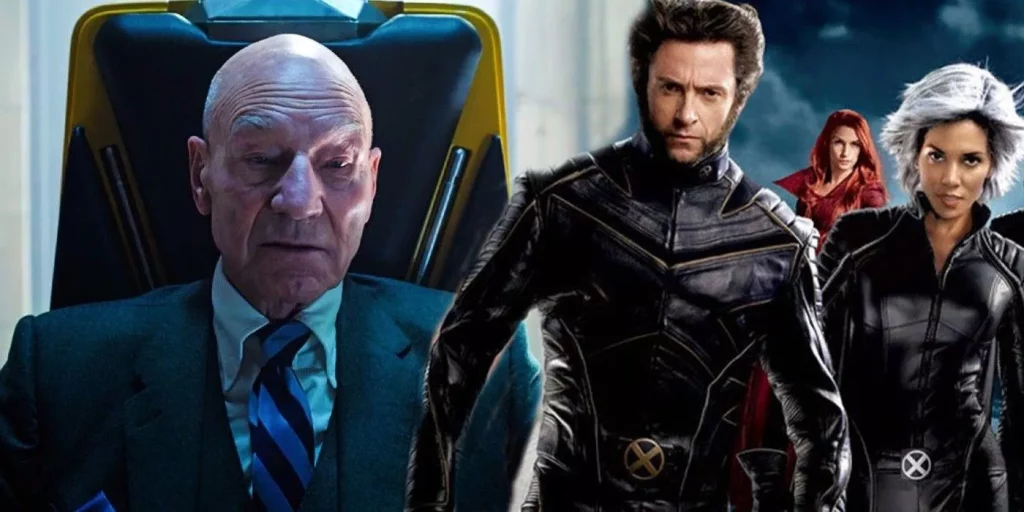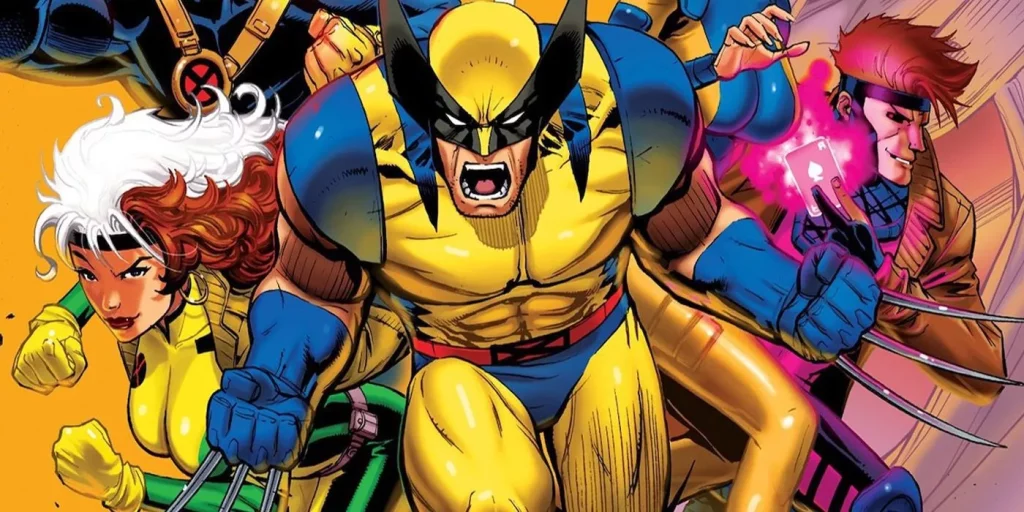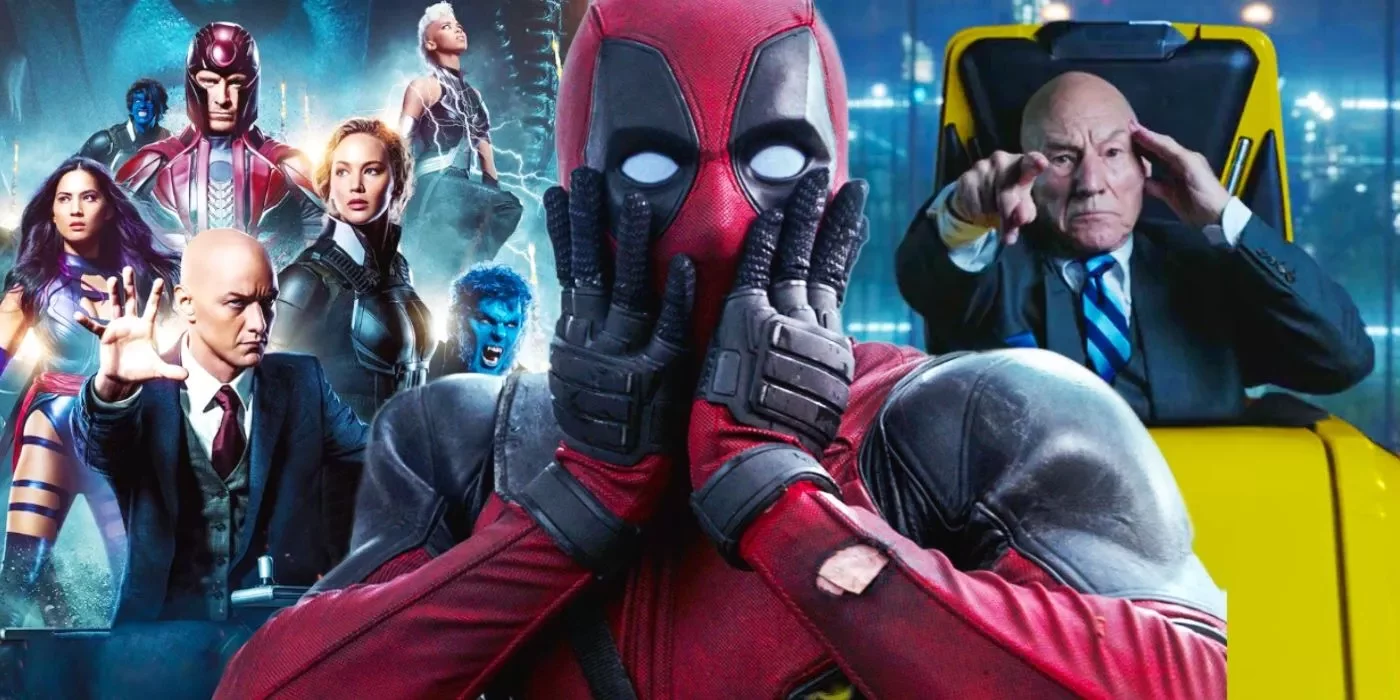Even though people hope that the X-Men will eventually show up in the MCU, Marvel Studios has a simpler plan ready just in case.
Marvel Studios already has a way to bring the X-Men into the MCU. However, it’s not as big of a change as most Marvel fans might want. Thanks to the idea of the multiverse, which can be both challenging and rewarding, there are different ways the MCU can introduce the X-Men. This especially applies to those X-Men who exist in a different reality than the MCU. But this might not be the most exciting way for Marvel to start using the mutant hero team soon.
Right now, a few characters are confirmed to be mutants in the MCU, like Namor from “Black Panther: Wakanda Forever” and Kamala Khan from “Ms. Marvel.” However, the main X-Men characters haven’t appeared yet. This includes the cast from the 20th Century Fox films and any new versions of those characters. So, it’s important to realize that Marvel Studios doesn’t have to introduce the X-Men in the main MCU if they choose not to.
Within the MCU’s Multiverse, the X-Men Are Already Present

Thanks to the events depicted in Doctor Strange in the Multiverse of Madness, confirmation has emerged that a variant of the X-Men team exists within the realm of Earth-838. Although the portrayal of Charles Xavier was reminiscent of Sir Patrick Stewart’s rendition from Fox’s X-Men series, the inclusion of the iconic green suits, yellow chairs, and the beloved theme music suggests that Earth-838’s X-Men draw inspiration from their animated counterparts in the popular 90s X-Men animated series.
In line with this notion, Marvel Studios is embarking on a new venture with the creation of a sequel series titled X-Men ’97. Additionally, Hugh Jackman’s reprisal of his role as Wolverine in Deadpool 3 will see the character donning his classic yellow suit from the comics and animated show, a costume that hadn’t been showcased in the live-action films thus far.
Anticipated to hit theaters in 2024, Deadpool 3 within the Marvel Cinematic Universe is poised to embark on another journey across the multiverse. This installment is said to possess a self-referential focus on the conclusion of 20th Century Fox’s era, particularly in light of Disney’s acquisition of the studio and its intellectual property. This strategic move now empowers Marvel Studios to actively develop projects centered around both the X-Men and the Fantastic Four. However, it’s worth noting that the forthcoming movie starring Ryan Reynolds and Hugh Jackman might not necessarily culminate in a full-scale convergence of realities, nor serve as the grand introduction of the X-Men into the primary Earth-616 continuity that some enthusiasts are eagerly awaiting.
Marvel’s Optimal Strategy: Keeping Mutants Apart from the Primary MCU Timeline

Given that Marvel Studios has already established the concept of X-Men existing within an alternate reality, the most straightforward approach would be to maintain their presence there. While this might seem somewhat anticlimactic, it’s crucial to acknowledge the significant hurdles that come with integrating them into the established MCU chronology. The X-Men lack any historical connection within the MCU, and devising a plausible explanation for their concealed existence over an extended period is challenging, especially considering the already bustling nature of the primary MCU narrative.
An alternative strategy for Marvel Studios could involve preserving the X-Men in their separate universe. This approach would still allow for occasional crossovers through the exploitation of the multiverse and interdimensional leaps, as demonstrated previously. Simultaneously, the MCU could continue to incorporate mutants like Namor, Ms. Marvel, and others whose narratives don’t directly intersect with the X-Men. While this resolution would signify that the X-Men never assembled within the principal MCU (although they did within Earth-838’s alternate timeline), it represents the most straightforward path for Marvel Studios to navigate, all things considered. While it might not align precisely with the fervently hoped-for X-Men integration, it stands as the most pragmatic solution within the context of Marvel Studios’ broader concerns.
